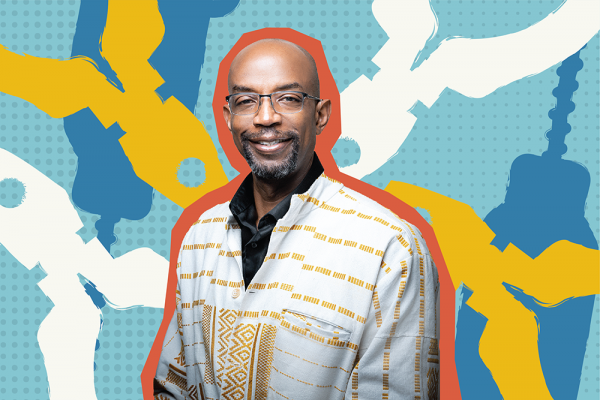If you’re the type of person who discusses politics online, you’re likely to have heard of Godwin’s law. In 1990, Mike Godwin, a First Amendment lawyer, invented this rule to address a common occurrence: The longer online debate drags on, the more likely someone commits the fallacy of reductio ad Hitlerum — i.e., the comparison of someone or something to Adolf Hitler or the Nazis.
Invoking Nazis, as Godwin suggests, is a lazy way of ending a debate. I also think it’s usually motivated by a shallow understanding of history and an insensitivity toward Holocaust victims.
But there’s gotta be times when referencing the Nazis is warranted, right? I’ve been thinking about this a lot lately as U.S. politics continues down the path of polarization and a segment of Christians unabashedly preach a message of domination. We need a sharper critique of Christian nationalism and the Republican presidential candidate Donald J. Trump that’s deeper than simply labeling the former group as “Nazis” and the latter individual “Hitler.” But where do we begin?
Read the Full Article

